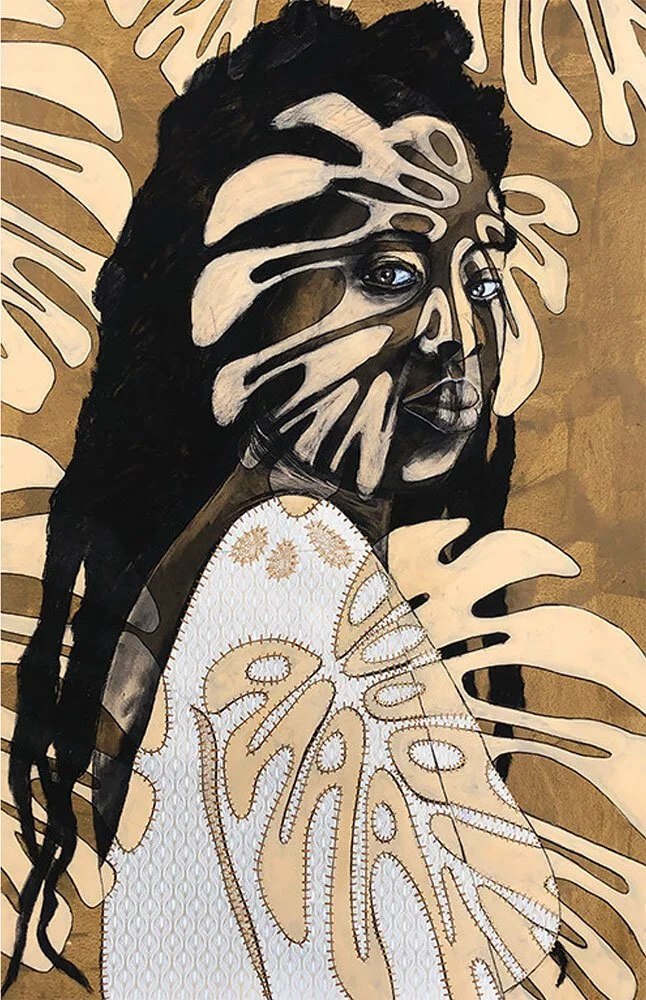New Essay - "Delita Martin: Her Temple of Everyday Familiars, A Retrospective"
I’m delighted to contribute an essay, “Black Box Press Foundation & Rhizomatic Black Philanthropy” to the exhibition catalogue for Delita Martin’s exhibition at the UT San Antonio Arts, Russell Hill Rogers Galleries. The curator for the show is Aissatou Sidime Blanton who tackled the immense task of pulling off an artist’s retrospective and it’s right on time. The show ran from January 26 - March 22, 2024. They made space for some meet-the-artist programming along with other events that accompanied the retrospective and received wonderful praise for the show.
As for my part, I’m including a little bit of my intro to give an idea of where I’m going with these thoughts on rhizomatic black philanthropy. My focus was on the Black Box Press Foundation founded by Delita and her husband Cedric. I had the opportunity to interview Cedric about the formation and operation of the foundation which greatly assisted the essay. Delita is known for the various shades of blue in her work - it has become a hallmark and for me a reminder of an aquatic rhizome and Tiffany Lethabo King’s theory around the black shoals. I was interested in weaving these diasporic methods into the essay in a way that showcased the wonderful work of Black Box Press Foundation. I hope you enjoy.
From the Essay:
In 2021, Black Box Press Foundation emerged from the foaming aftermath of 2020’s watershed moment of social and political transformation.
All at once the entire world knew what many black people in the US have long already known, that the murderous violence inflicted upon George Floyd, and so many others, was an ordinary occurrence characteristic of state sanctioned terrorism directed towards black people.
Immediately, Floyd’s death was catapulted to the extraordinary in its global reach through the optics of surveillance and social media outrage. It is in this moment that artist Delita Martin’s teenage son, Caleb, inquired of his parents regarding how he might contribute or participate in an activism practice that supports the black community through a consciousness of social culture and justice. Originally, Martin imagined she and Caleb could support local organizations through volunteering and financial funding, however, after discovering that she was unable to locate grassroots organizations that served the purposes of art meeting social commentary and activism, she decided, “If you can’t find what you want, make it yourself.” In this deliberation Black Box Press Foundation was born fully formed like a black Venus on a scalloped shell of what Tiffany Lethabo King refers to as the Black Shoals, that is a conceptual space – neither land nor sea, an offshore geological formation that serves as a metaphor for exploring the relationship between black and native populations. The foundation has blown ashore upon the mighty winds of change. King refers to the Black Shoals as an analytic metaphor that comments on the space of mutuality, a confounding and shifting formation that is, “both water and other (rock, sand, etc.) [As] a formation that emerges in response to power, its particular form (rupture, destabilization, materiality) cannot be predicted in advance.”[1]
As such, the Black Box Press Foundation (BBPF) was created in response to the confounding and shifting formations in society by providing resources and support for artists focused on social change.
[1] Tiffany Lethabo King. The Black Shoals: Offshore Formations of Black and Native Studies. Durham: Duke University Press, (2019), 25.





